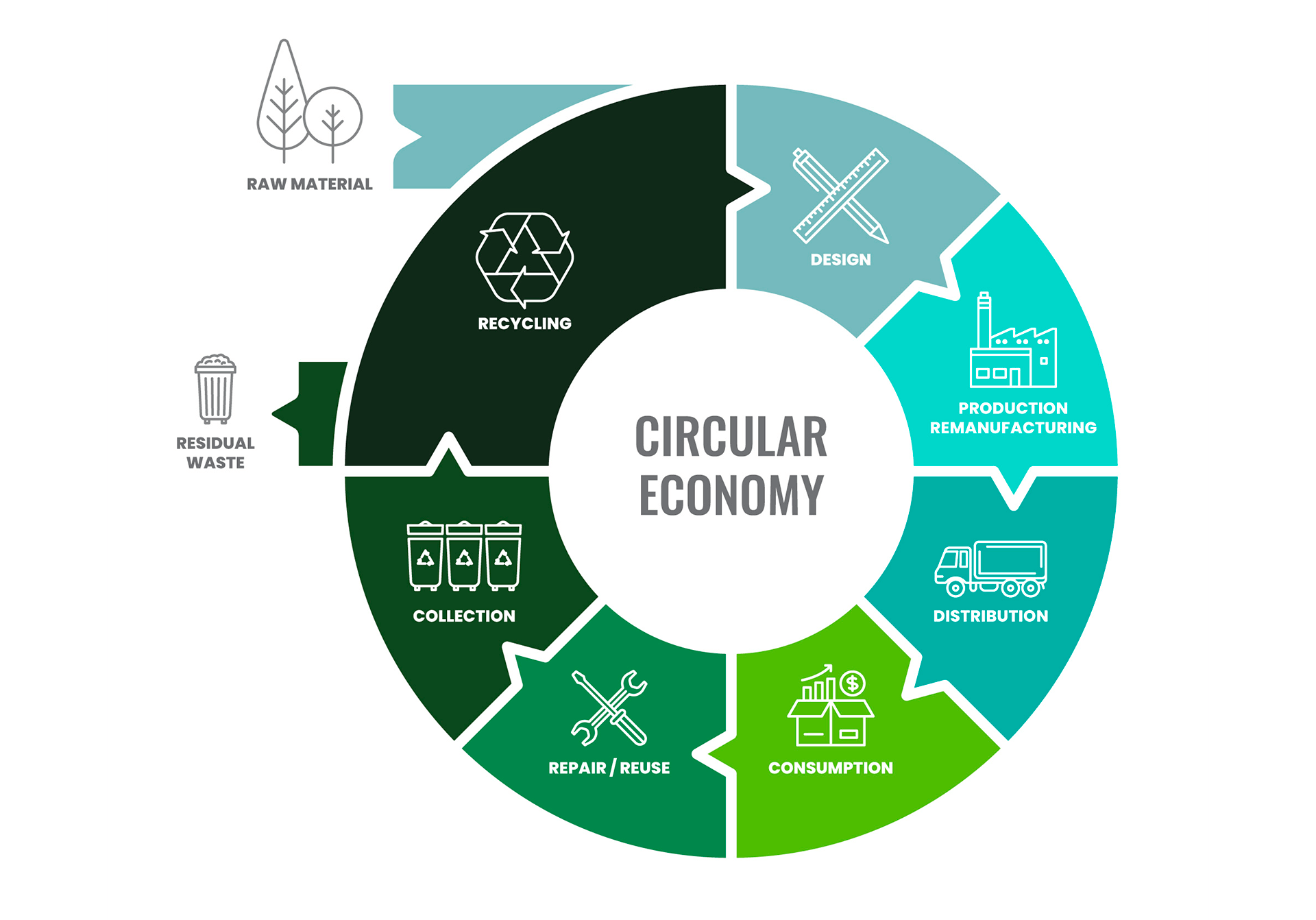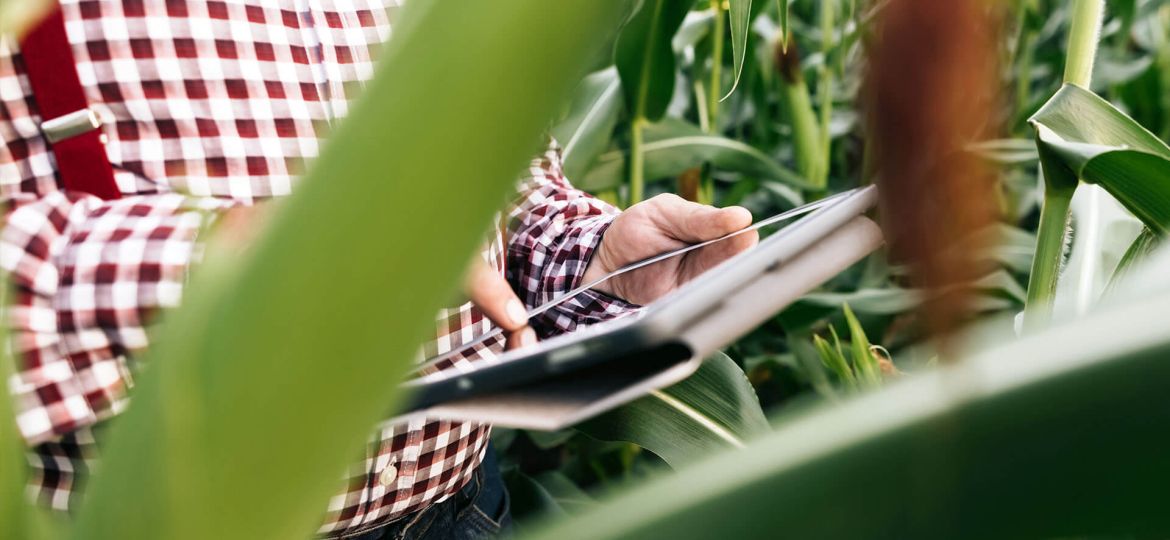Opinion – Thomas Hall, Director of the Agtech and Logistics Hub
Doing more with less. That’s what is happening across Australia’s vast industries and modern agriculture is no exception.
Doing more with less. That’s what is happening across Australia’s vast industries and modern agriculture is no exception.
As sustainability grows in importance, farmers are having to find ways to produce food using fewer inputs and natural resources while delivering more in terms of efficiency, productivity and profitability.
As our population booms and the environment comes under increased pressure, growers and producers are being required to adopt more environmentally friendly practices and join the transition to a more circular economy.
While sustainability in agriculture is by no means new, the circular economy movement is something many farmers are only just starting to learn about.
Circular Economy: Minimising waste, maximising resources

Broadly speaking, circular economy is a sustainability model focused on minimising waste by sustainably reusing resources. In other words, products are reused, rather than discarded.
In agriculture, for example, this can involve taking waste or residue and turning it into fertilisers or energy sources.
As a sector, it’s fair to say we are well into our sustainability journey and are beginning the race towards circularity.
In fact, Australian agriculture has an internationally enviable environmental sustainability record, according to report released by Australian Bureau of Agricultural and Resource Economics and Sciences (ABARES) at the beginning of the financial year.
The government department’s analysis shows our use of pesticides and fertilisers is among the lowest in the world and we have shifted large swathes of land out of agriculture and into conservation.
Our emissions intensities are below average for cattle, specialist beef production, and grains compared to major developed country producers and exporters. We have also reduced agricultural emissions more, percentage-wise, than most other developed countries in the past three decades.
Together We Grow: Building a Sustainable Future
Australian agriculture has made major strides in reducing its environmental impact, but we can always do more.
And we need to do more. If our sector fails to become more sustainable, we run the risk of not meeting international sustainability standards and regulations which would lead to export challenges and allow other countries to gain a competitive edge in global markets. Not keeping up with sustainable practices may also lead to consumer concerns around the quality and safety of agricultural products.
We know many farmers and agribusinesses want to step up their sustainability efforts, but many lack the resources or knowledge to do so.
We also know agtech will play an important role in helping farmers become more sustainable.
That’s why the Agtech and Logistics Hub is about to embark on an open innovation discovery program, OpenGround, focused on circular economy and sustainability.
The purpose of this program is to advance and expand upon the ongoing efforts of Queensland agribusinesses. It acknowledges the valuable work already in progress while actively seeking new ideas and innovative solutions to address the challenges currently faced by the state’s agribusinesses.
The program will run throughout 2024. We are looking forward to seeing what products and services innovators bring to the table to help accelerate our sector’s transition to a circular economy. Watch this space.
This piece was originally published in the December edition of Queensland Farmer Today

